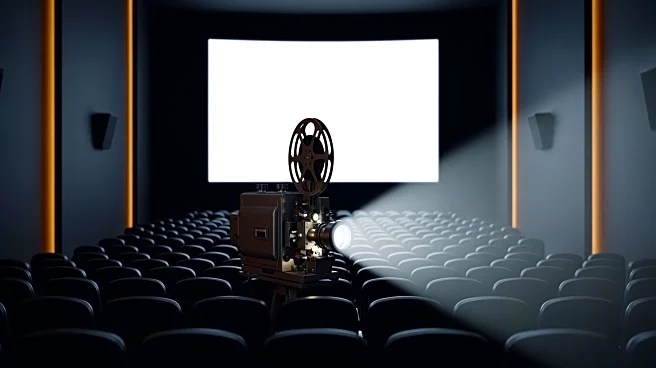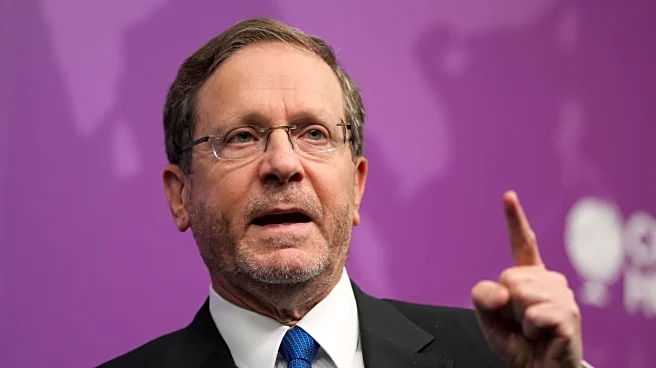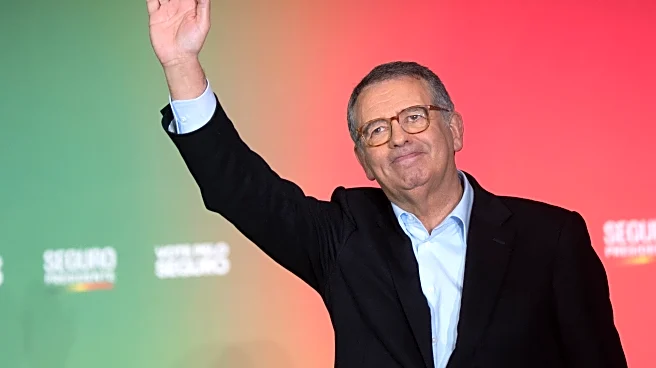What's Happening?
During the AFI Fest premiere on October 23, 2025, George Clooney made a remark, 'I think we should rob the Louvre,' which quickly became a viral sound bite. The comment was initially reported by Variety
on October 24, 2025, and rapidly circulated through short clips and news segments. While the remark was intended as a cheeky riff, it has sparked debate over its impact on Clooney's reputation and the film's promotional strategy. The line has been interpreted differently by various audiences, with some viewing it as humorous and others as tone-deaf, especially in light of recent real-world theft headlines.
Why It's Important?
The viral nature of Clooney's comment highlights the power of media in shaping public perception and the potential risks involved in offhand remarks by high-profile individuals. For the film industry, this incident underscores the importance of managing public relations and the narrative surrounding a film's release. Depending on how the situation is handled, it could either enhance interest in the film through meme culture or necessitate damage control if perceived negatively. The broader significance lies in the evolving dynamics of celebrity influence and media consumption, where a single comment can rapidly become a focal point of public discourse.
What's Next?
The film's promotional team may need to decide whether to embrace the viral moment as a marketing tool or issue statements to mitigate any negative perceptions. The next 72 hours are crucial, as they will determine whether the comment becomes a harmless meme or a distraction from the film's release plans. Stakeholders in the film industry will be watching closely to see how Clooney and the studio navigate this situation, potentially influencing future strategies for handling similar incidents.
Beyond the Headlines
This incident reflects broader cultural and ethical considerations regarding humor and sensitivity in public discourse. It raises questions about the boundaries of comedic expression and the responsibilities of public figures in shaping narratives. The rapid spread of the comment also illustrates the role of digital media in amplifying messages and the challenges of controlling narratives in the age of social media.










